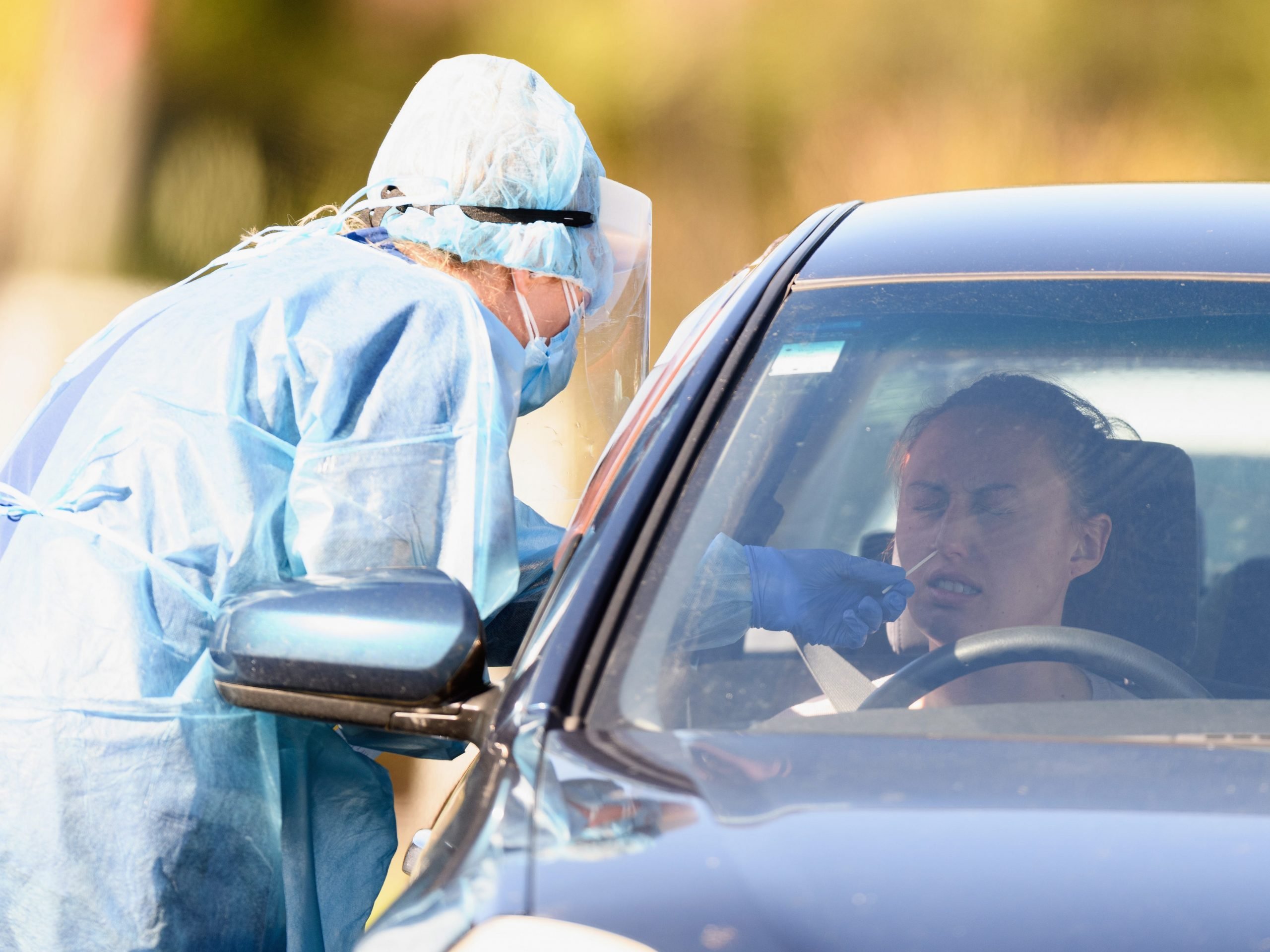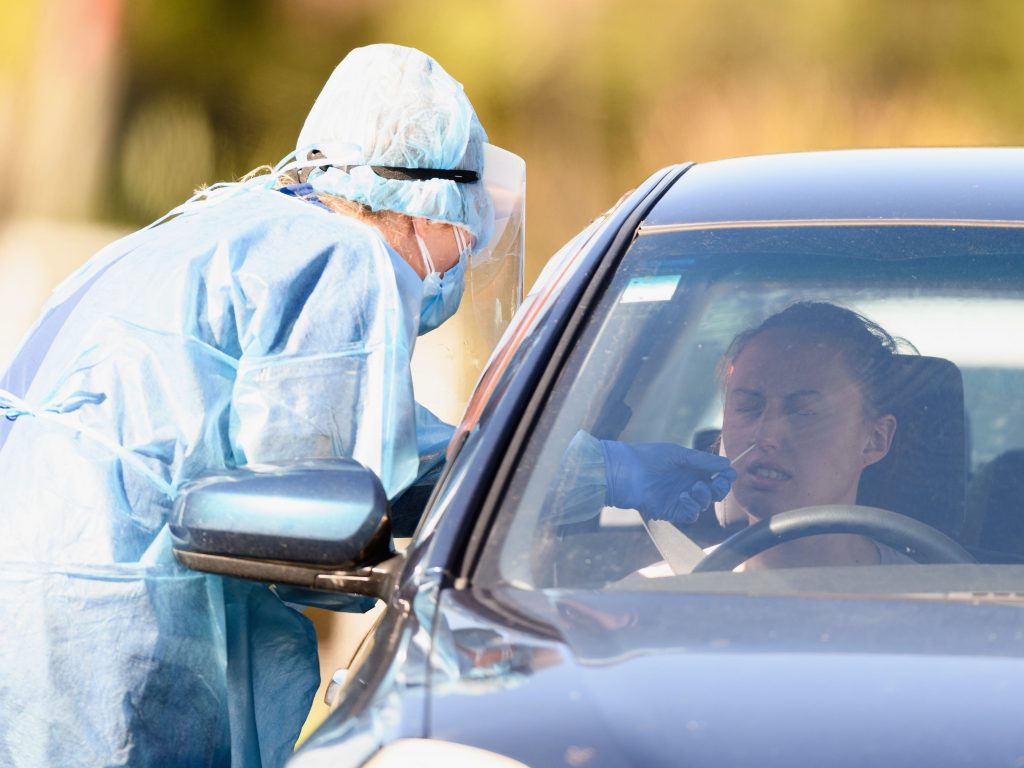
Kai Schwoerer/Getty Images
- New Zealand recorded 28 new COVID-19 cases on Friday – the fewest for 12 days.
- Deputy Prime Minister Grant Robertson said it was "encouraging", but the "job is not yet done."
- The country locked down August 17 after a single case. The outbreak total is now 764.
- See more stories on Insider's business page.
New Zealand's deputy prime minister has warned "the job is not done yet," as the country reported its lowest COVID case number in 12 days – more than two weeks after it reintroduced strict lockdown measures.
Official data showed, of the 28 cases recorded Friday, 27 were in Auckland, New Zealand's largest city and the epicenter of the latest outbreak, and the other was in Wellington, the capital city.
The total number of cases for the current outbreak is 764, officials said.
Grant Robertson, deputy Prime Minister, said in a briefing Friday, that the data was "encouraging", but the "job is not yet done."
"We must continue to be vigilant and get on top of this outbreak," he said.
Dr. Caroline McEnlay, the health ministry's director of public health, warned that "these outbreaks can have a long tail."
The country has been under strict lockdown for more than two weeks to crack down on the highly infectious Delta variant, which has mutations that help it avoid the immune response.
Michael Plank, a COVID-19 modeler and professor in statistics at the University of Canterbury, New Zealand, told the Guardian that the numbers "tend to bounce around a bit from one day to another, but we look at how it is tracking over a period of a week or so, and there is a downward trend in those numbers now."
He also told the Guardian that the country had "certainly hit the first peak, and hopefully it is the last peak."
But, he cautioned that it was possible case numbers could go up again if New Zealanders failed to adhere to lockdown measures.
"We need to keep making sure transmission rate is going down, so we can get back to zero," he said.
Lockdown
New Zealand has pursued an "elimination" strategy to tackle the spread of the Delta variant, which means "continuing to stamp out COVID wherever it emerges," according to New Zealand Prime Minister Jacinda Ardern.
New Zealand first locked down on August 17 after it detected a single COVID-19 case, assumed to be caused by Delta.
Now, Auckland is expected to be in Level 4 lockdown - the nation's strictest level - until at least September 13.
Under level 4 rules, New Zealanders can only leave the house for exercise, supermarket shopping, essential medical care including pharmacy visits, and getting a COVID-19 test.
Most of the rest of the country was downgraded to Level 3 on Monday. "It means caution, and staying in your bubble, and it means distance and contactless transactions," Ardern said at the time.
Before the latest outbreak, the country was relatively virus-free, having never had more than 10 new cases per day since August 18 2020, according to Oxford University's Our World in Data.
New Zealand, whose population is 4.9 million, has reported 3,372 COVID-19 cases and 26 deaths since the pandemic began, according to official data.
The lockdown also bides time for more New Zealanders to get vaccinated. So far, 25.7% of the population is fully vaccinated, according to Johns Hopkins University. For comparison, 52.7% of Americans are fully vaccinated, according to the Centers for Disease Control and Prevention.

